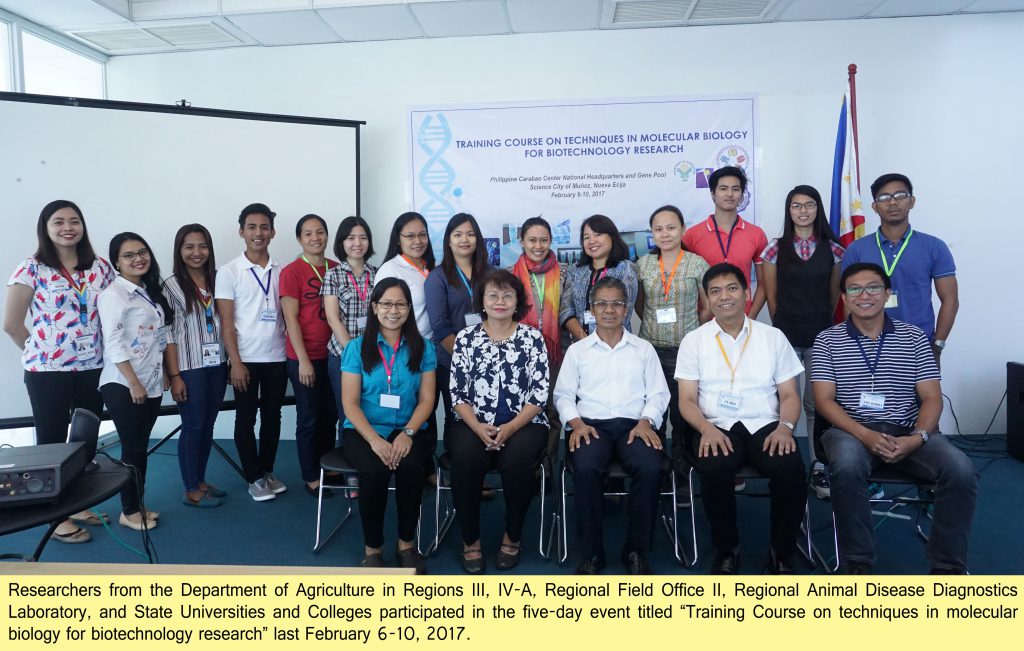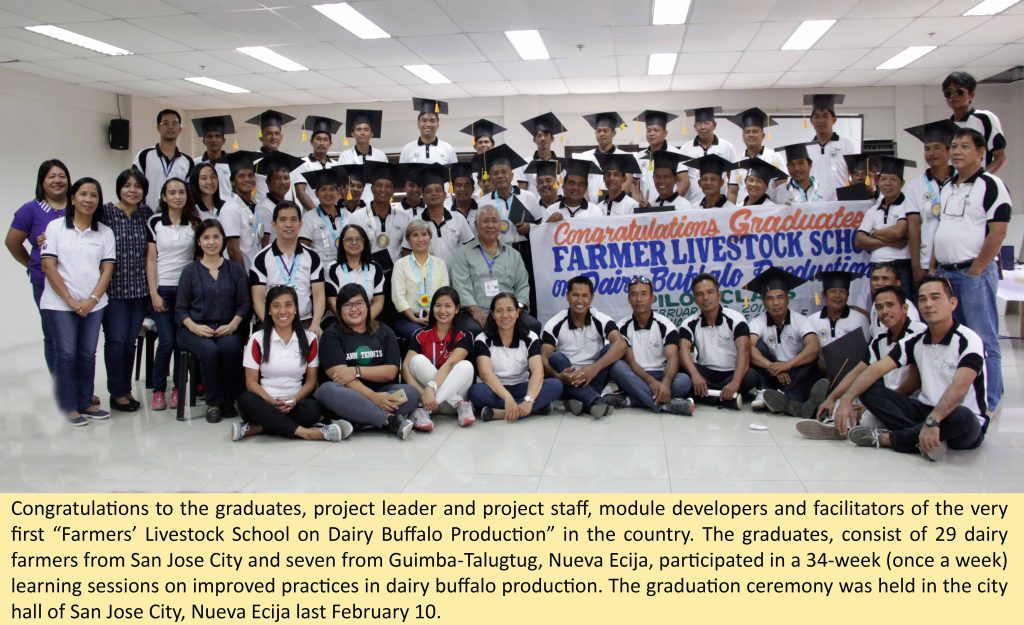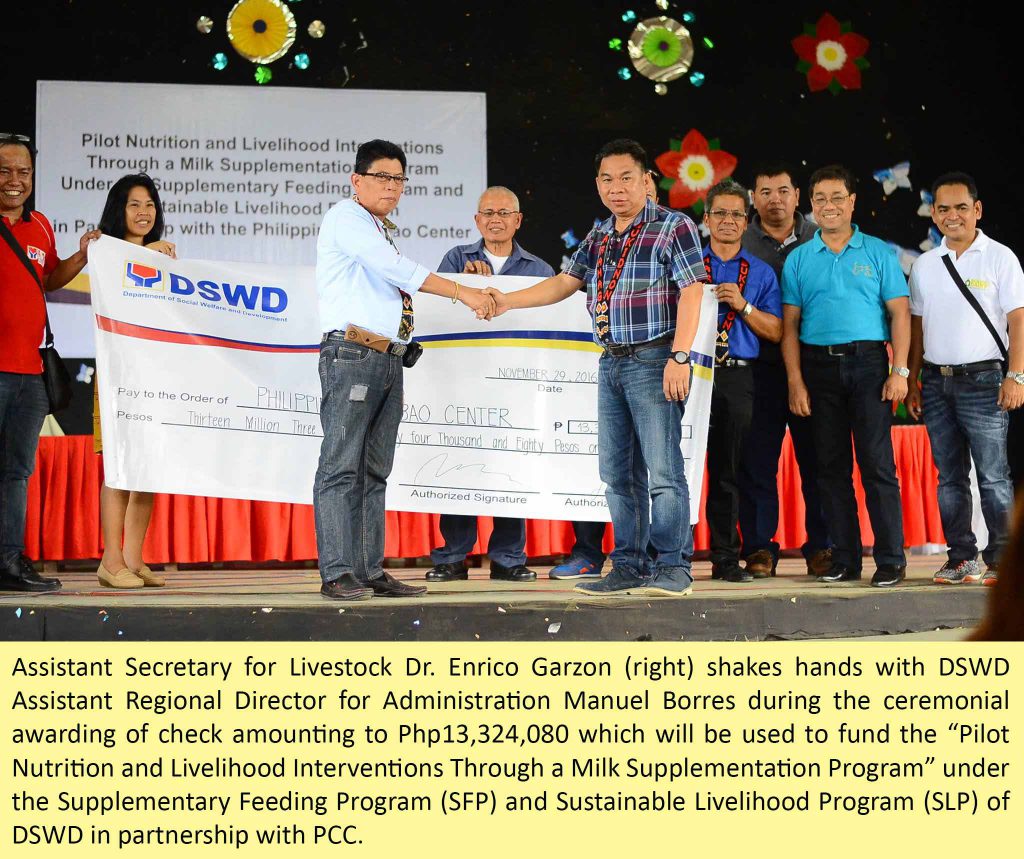Researchers, especially on livestock biotechnology, should be familiar with molecular biology techniques as these are the forefront of most modern scientific researches in livestock, Dr. Claro Mingala, Scientist II, of the Philippine Carabao Center (PCC), said.
“We encourage more researchers to use molecular biology techniques because only a few are using them here in the Philippines,” he said.
Molecular biology is a branch of biology that deals with biological activity in molecules such as the study of genes and other macromolecules. The use of molecular biology techniques applies to animal health, reproductive biotechnology, and nutrition and genetics, among others, Dr. Mingala explains.
According to him, enhancing researchers’ proficiency on laboratory techniques is essential to ensure their competitiveness and readiness to conduct research projects on livestock biotechnology.
With this in mind, Dr. Mingala and his team at the Livestock Biotechnology Center in PCC organized a training activity on the “Techniques in molecular biology for biotechnology research”. This is in collaboration with the National Research Council of the Philippines Division XIII headed by Dr. Mildred Padilla of the College of Veterinary Medicine of the University of the Philippines-Los Baños.
The five-day activity was intended for researchers and scientists involved in molecular biology-related and biotechnological research in livestock and applied research.
“The training also aims to promote molecular biology, strengthen the biotech capabilities of researchers, and motivate them to do more researches harnessing molecular biology,” Dr. Mingala explained.
The training course focused on selected aspects of molecular biology such as those that provides principles for understanding the structure and functional relationships of molecular biology techniques including DNA manipulation, sequence analysis, phylogenetic analysis and PCR. Several examples of molecular applications were also highlighted.
Dr. Arnel del Barrio, acting executive director of PCC, highlighted in his message that translating research outputs to increased farmers’ income should be the main goal of PCC researchers.
He further encouraged the researchers to create significant impact in the industry, to the communities, and to the lives of the farmers through relevant researches.
The participants in the training responded positively to this motivation saying that while they already learned a lot in the training, they are earnest to learn more so that they can ably contribute in the industry.
“We will consider organizing more events like this in the future,” Dr. Mingala said in response to the participants’ requests.
The participants are from the regional offices of the Department of Agriculture in Regions III, IV-A, Regional Field Office II, Regional Animal Disease Diagnostics Laboratory, and representatives from State Colleges and Universities.



